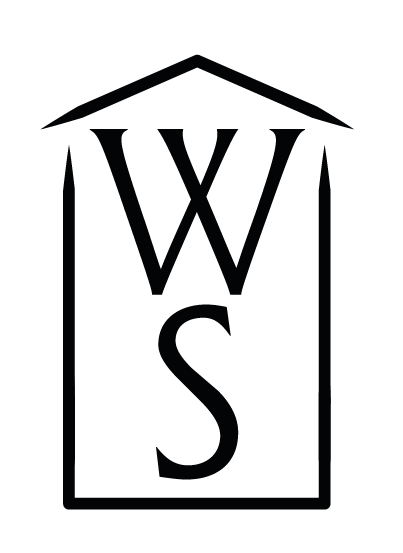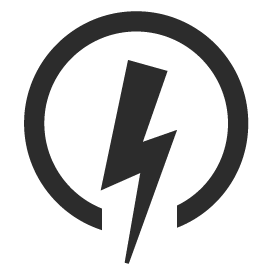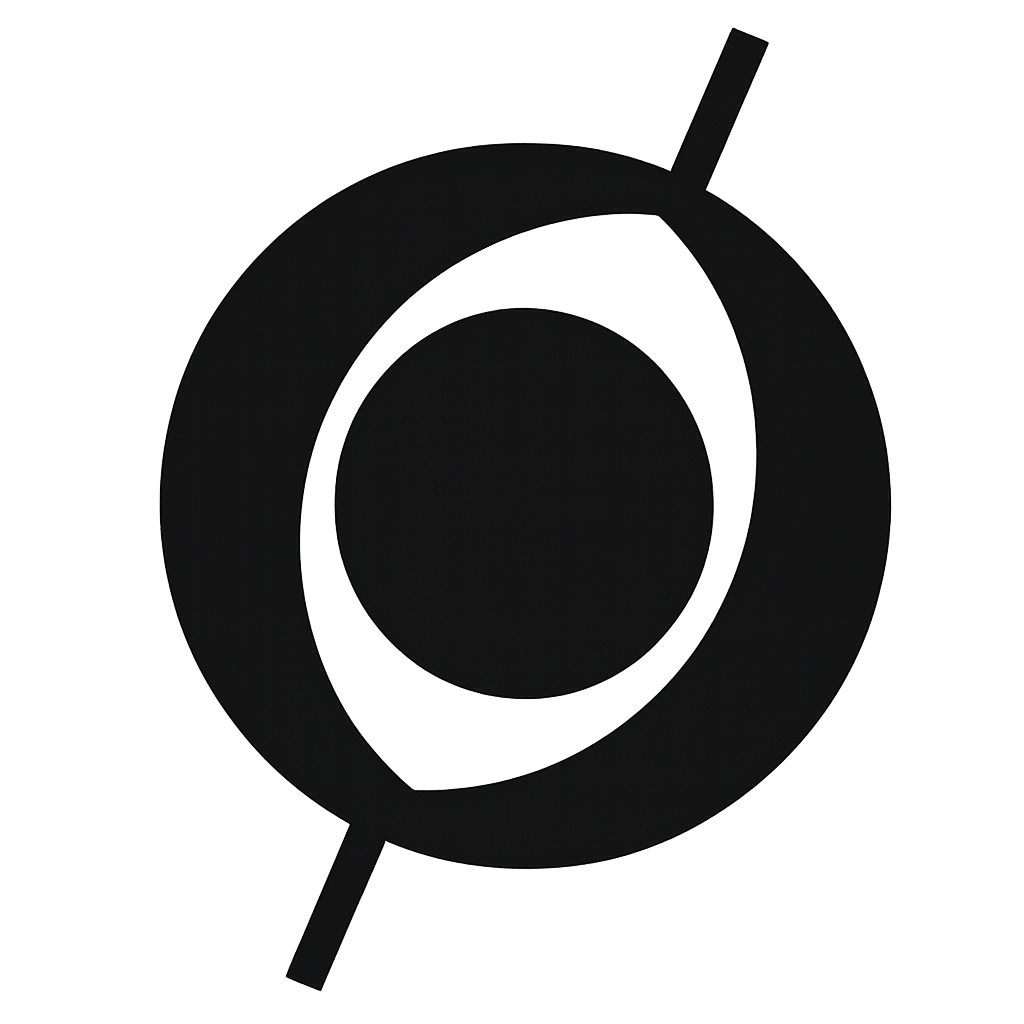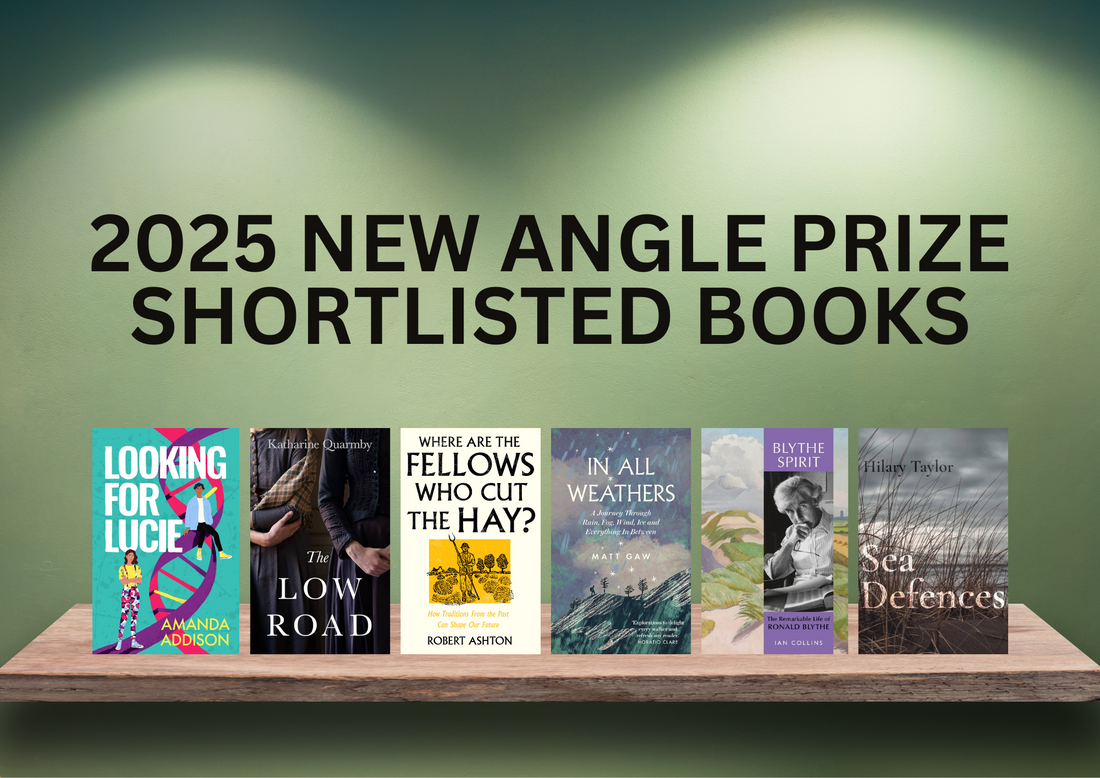News
Two Lightning titles shortlisted for regional awards
Sea Defences wins silver in prize dominated by Eye group titles
Eye to publish radio tie-in memoir of ‘door-to-door poet’
Eye Books sets up new company to provide home for Unbound authors
Eye to publish Unbound’s prize-winning The Low Road in paperback
Sea Defences shortlisted for New Angle Prize
Eye acquires expat memoir of life in ‘the world’s happiest country’
Nicola May works out TV deal for Working It Out
Former head of Atlantic Books joins Eye as publisher and MD
Local longlisted for the Wainwright Prize
Makereti’s ‘James Poneke’ named as joint-best NZ book of the century
Local shortlisted for the Wainwright Prize





